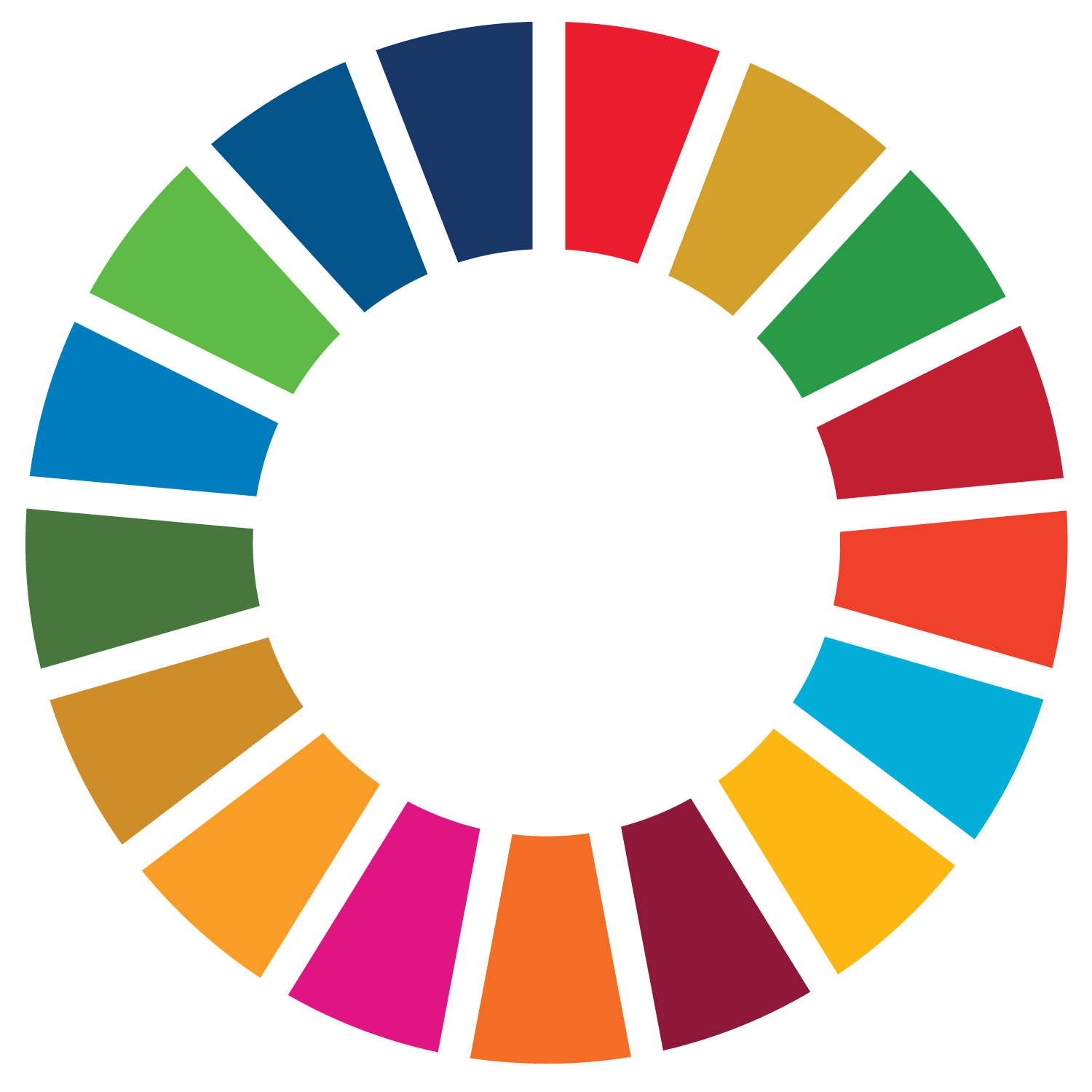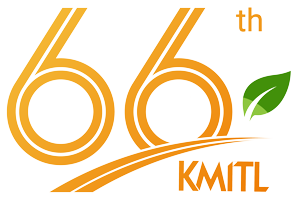Waste Management Policy for Sustainable Environmental Conservation
King Mongkut’s Institute of Technology Ladkrabang
Waste Management Policy for Sustainable Environmental Conservation King Mongkut’s Institute of Technology Ladkrabang
Waste Management Policy for Sustainable Environmental Conservation King Mongkut’s Institute of Technology Ladkrabang
King Mongkut’s Institute of Technology Ladkrabang (KMITL) is committed to aligning its operations with and supporting the Sustainable Development Goals (SDGs) — the 17 global goals established by the United Nations for sustainable development.
To ensure proper management of all types of waste generated from institutional activities in compliance with international safety and environmental standards, and to cultivate awareness among the KMITL community in reducing and sorting waste as a means of minimizing pollution across both terrestrial and marine ecosystems, the Institute has established the following Waste Management Policy for Sustainable Environmental Conservation, to be adopted by all departments and operational units within the university:
1. Promote active participation and emphasize the importance of comprehensive waste management across all departments and units, from the point of generation to final disposal, through an integrated and effective approach.
2. Encourage proper waste segregation practices by providing appropriate bins for different types of waste, ensure measurement of all waste and refuse generated, and differentiate between waste sent to landfills and that which can be reused. Record and maintain waste data by category as a basis for effective waste management.
3. Support and promote the management of general solid waste, hazardous waste, organic waste, plastic waste, and other waste types in accordance with the Institute’s guidelines and international safety standards.
4. Promote efforts to reduce waste generation and improve waste sorting, with a target to utilize at least 30% of the total waste generated within the Institute for beneficial use.
5. Encourage departments, faculty members, students, staff, and vendors operating on campus to reduce the use of single-use plastics.
6. Promote the selection of standardized, durable, reusable, and high-quality products and materials by departments, faculty members, students, and staff.
7. Encourage the sorting and collection of electronic waste (e-waste) by all departments before disposal, to ensure proper and safe management in accordance with international standards.
8. Promote the proper treatment of liquid and wastewater by departments to reduce pollution and its impact on ecosystems and living organisms.
9. Support research, teaching, and innovation aimed at achieving sustainable waste management across the Institute.
10. Encourage departments to initiate awareness campaigns and promotional activities that instill waste reduction and segregation practices as part of the Institute’s organizational culture.
11. Support full compliance with this policy by all departments, faculty members, students, staff, and external personnel who work or participate in activities within the Institute.


